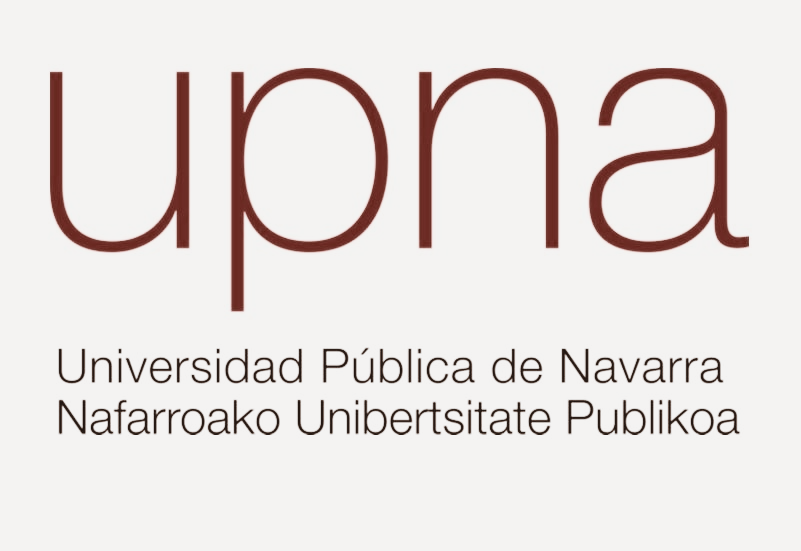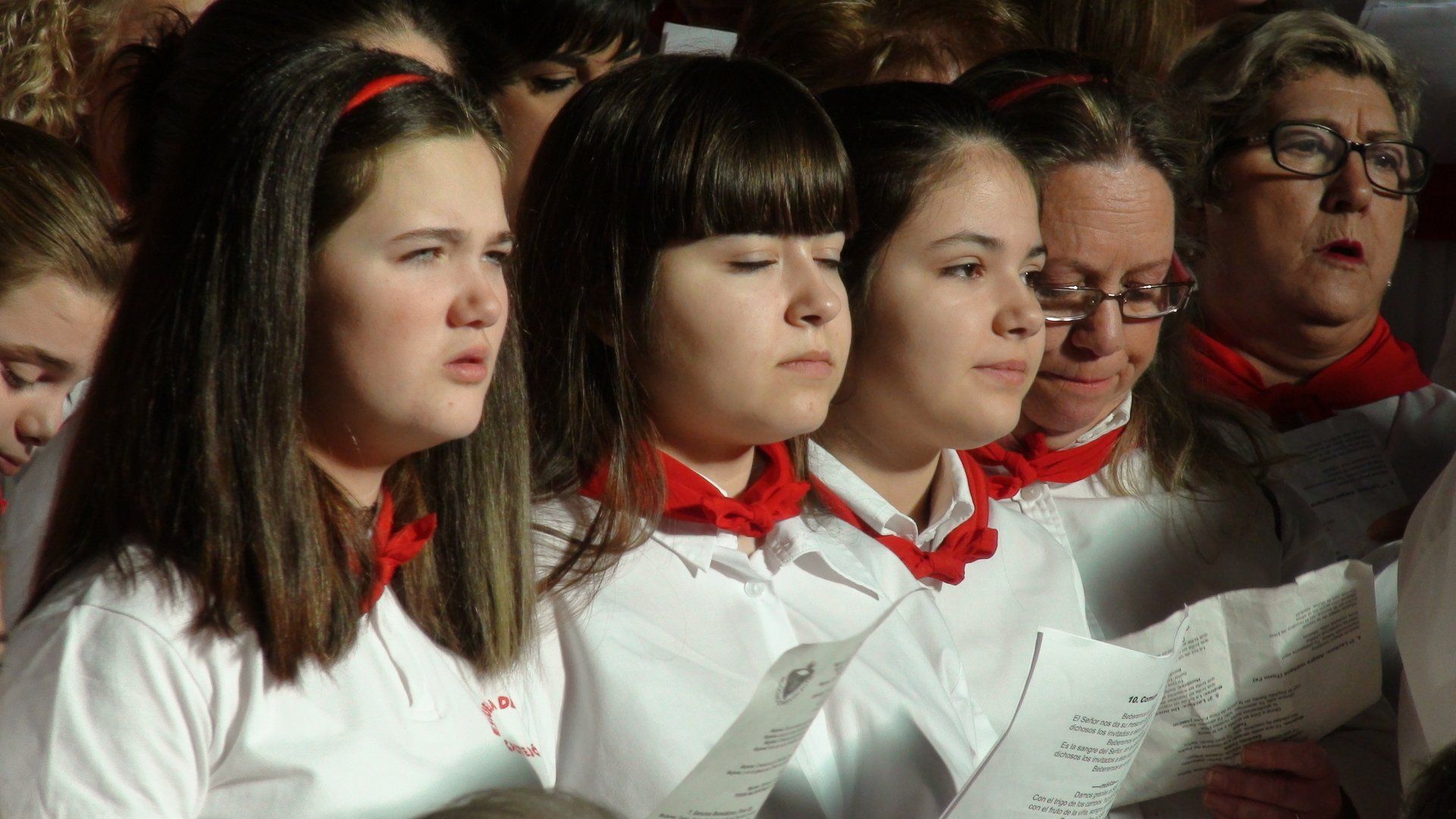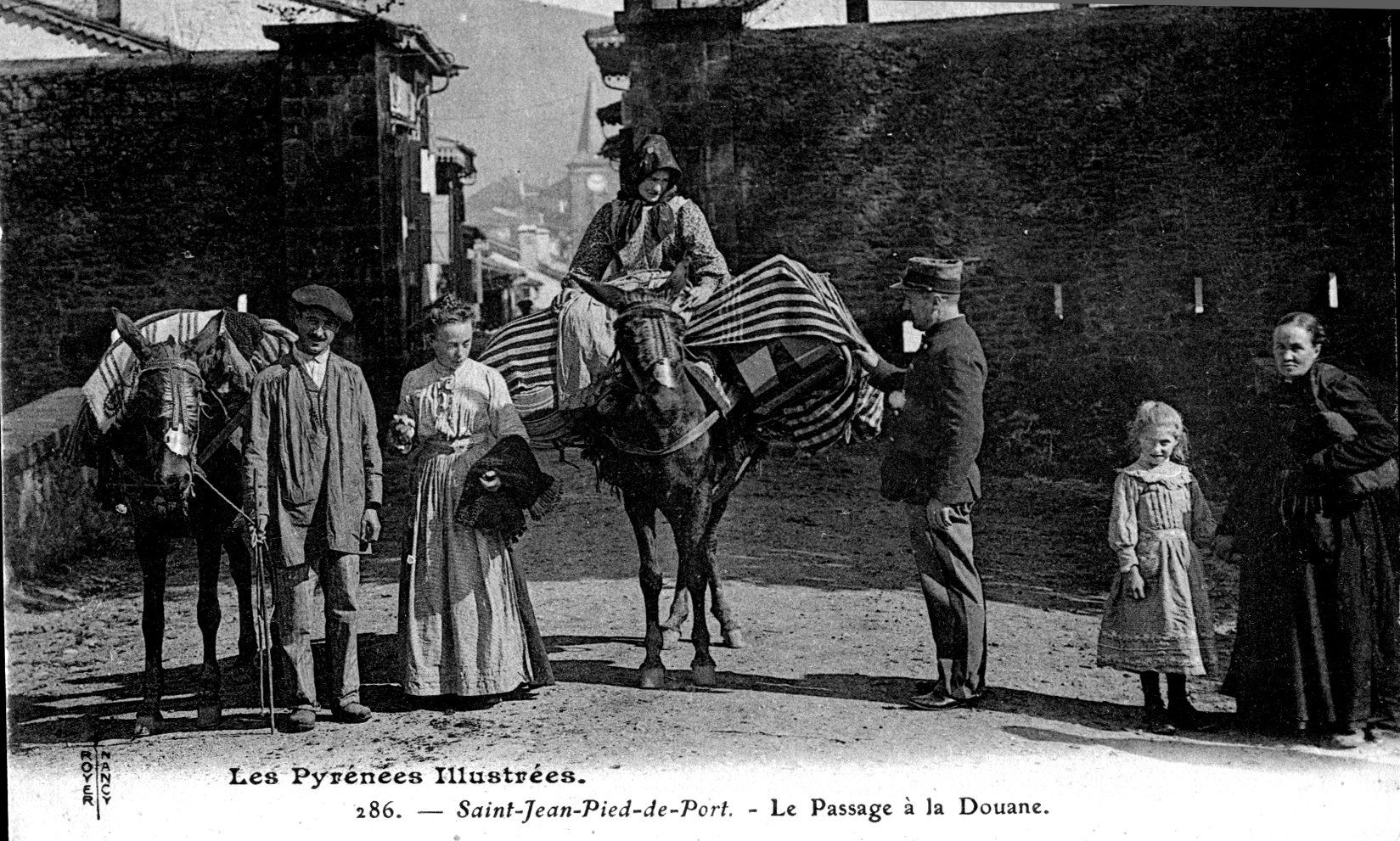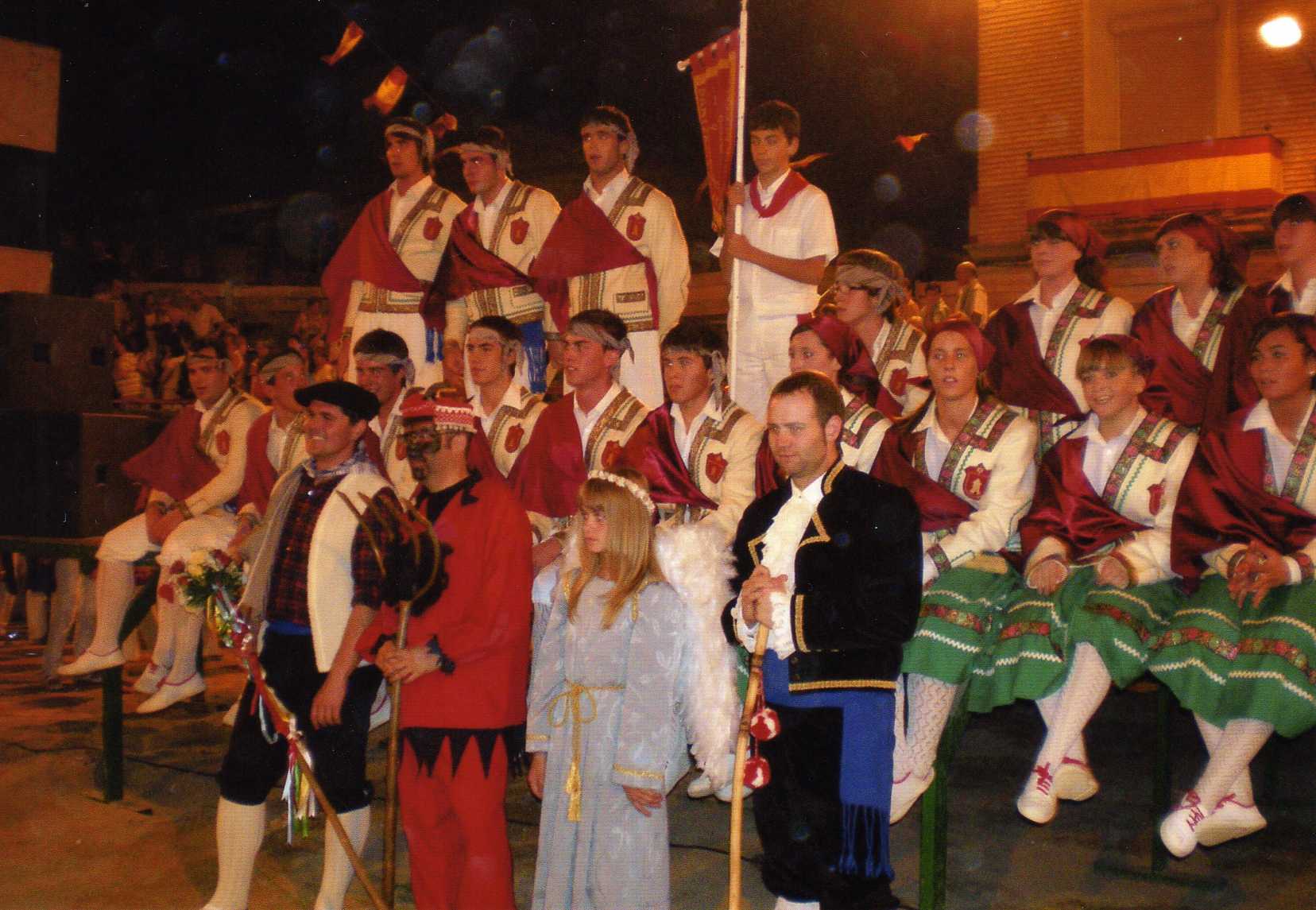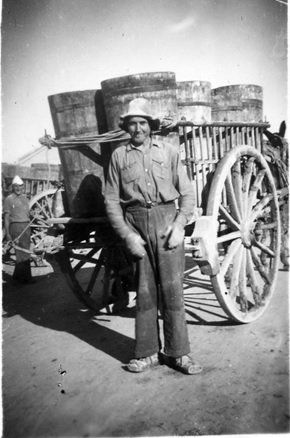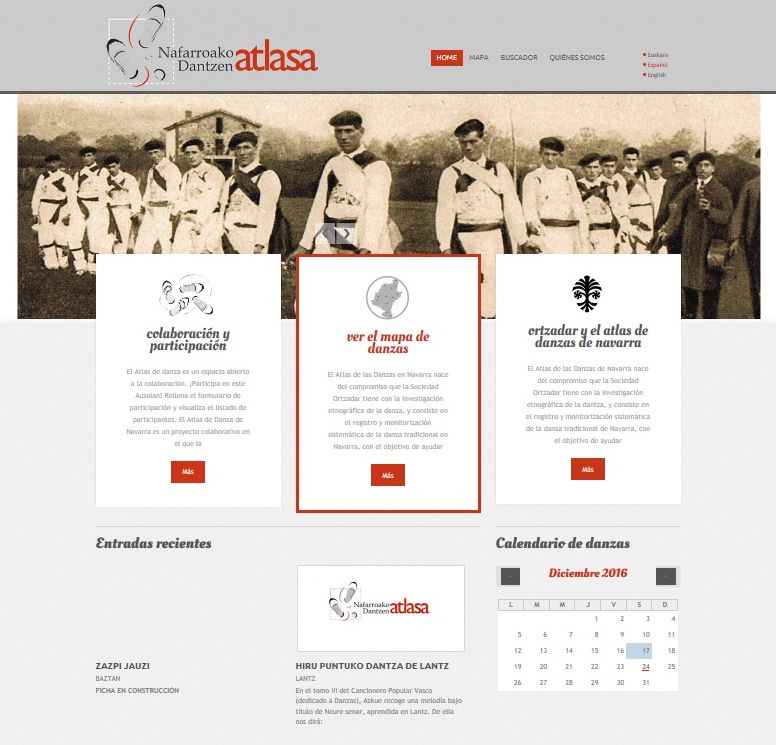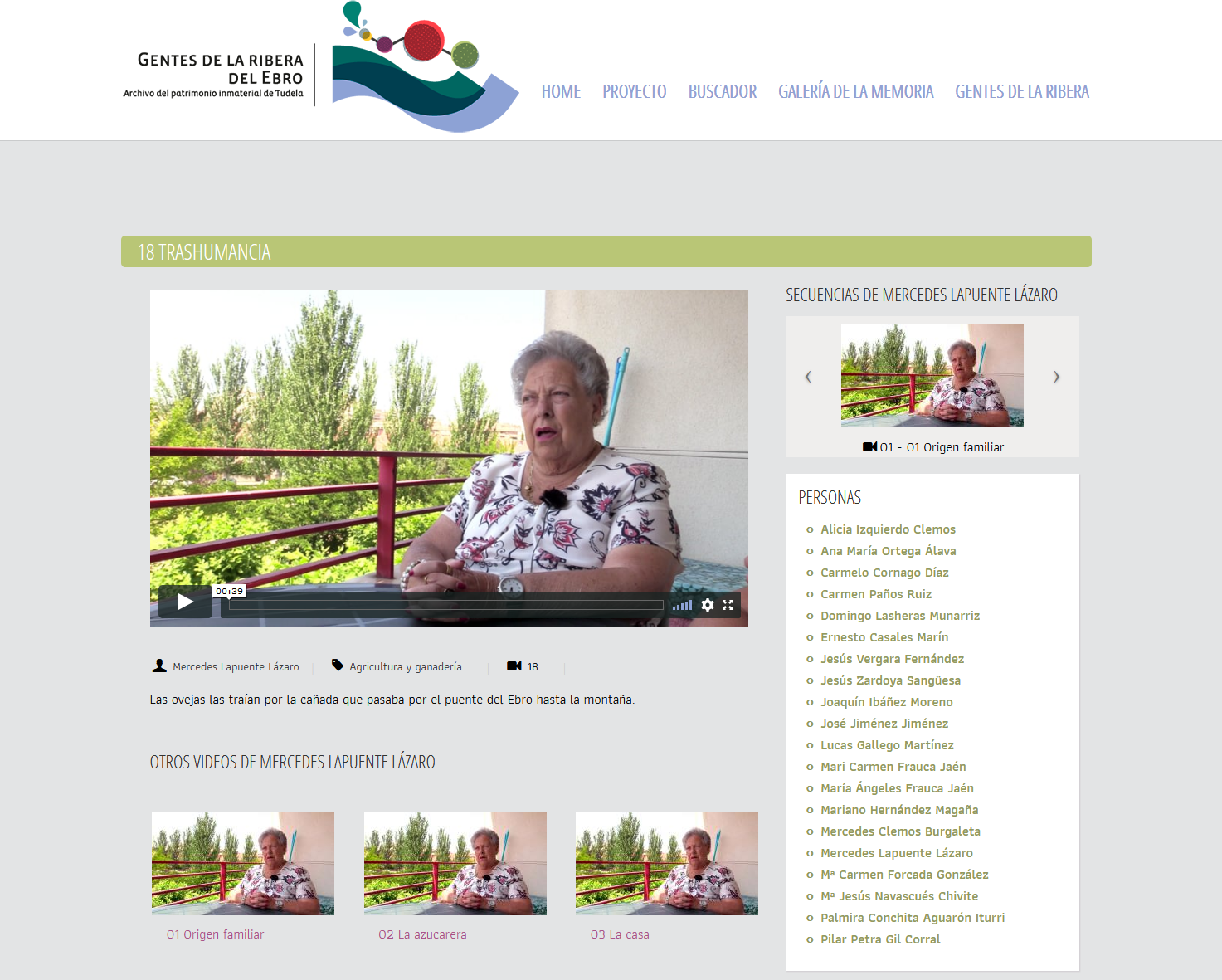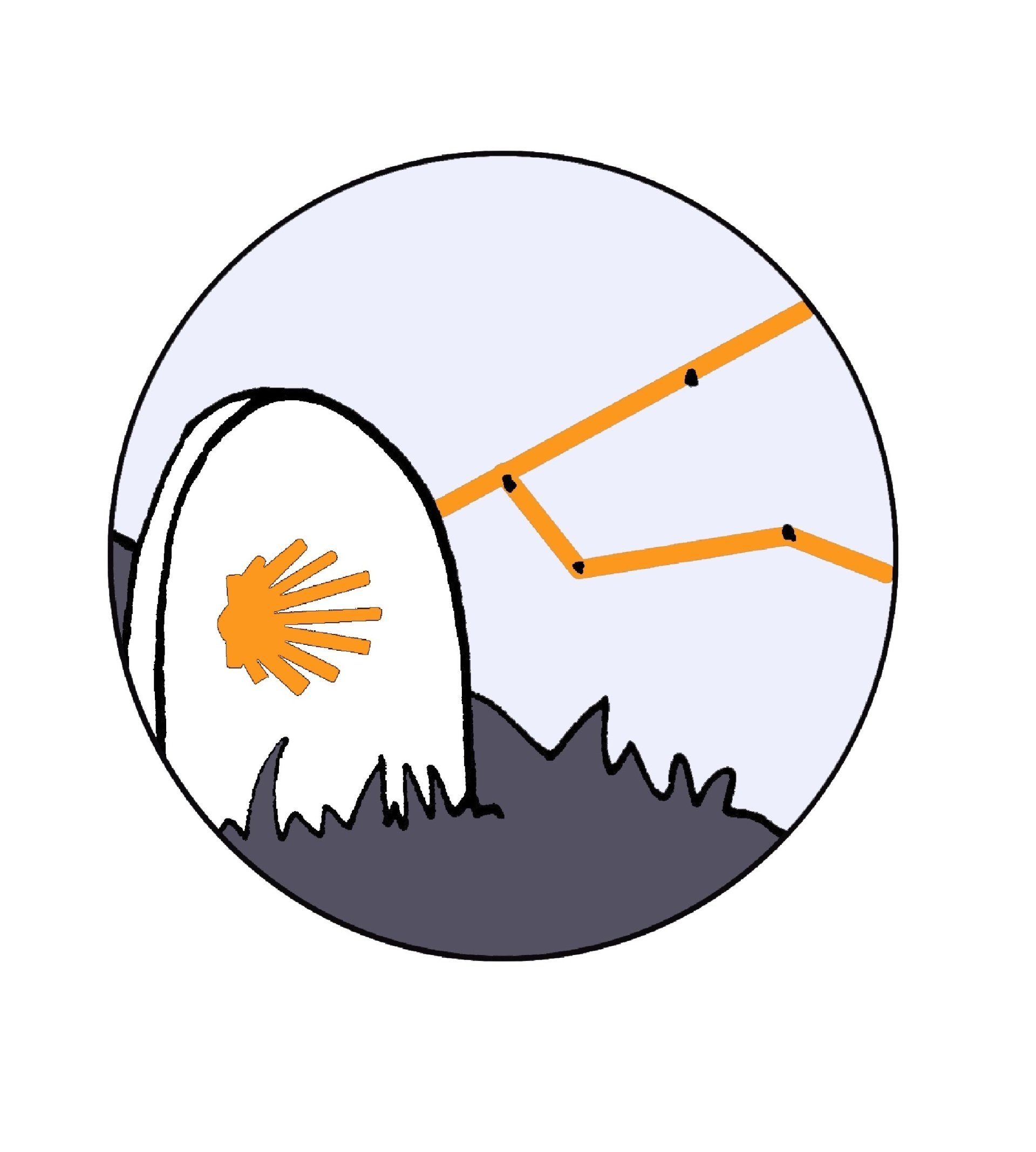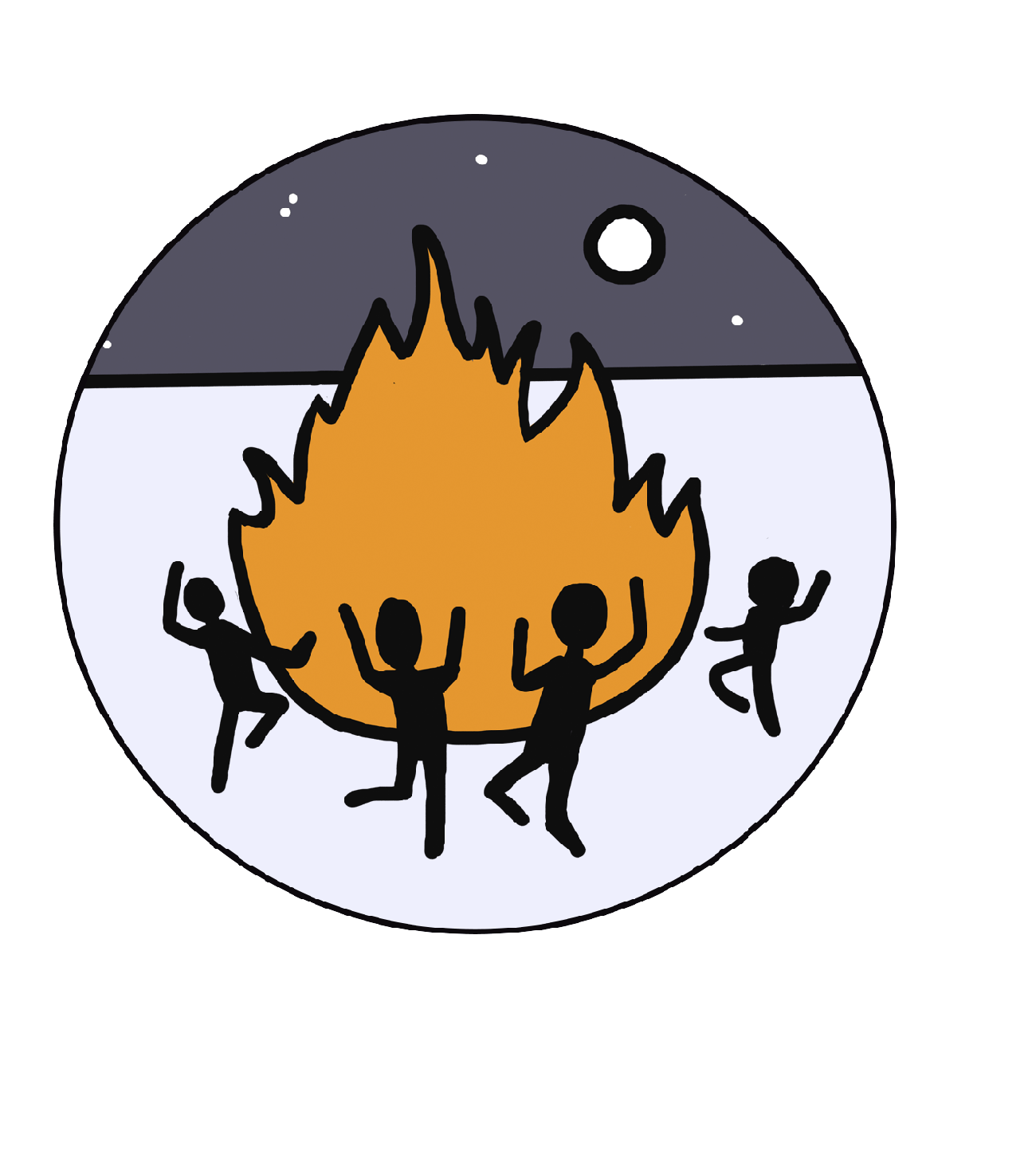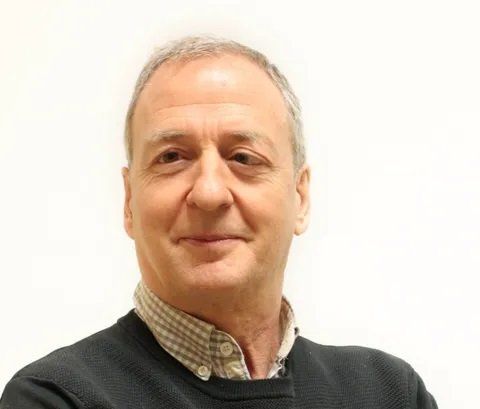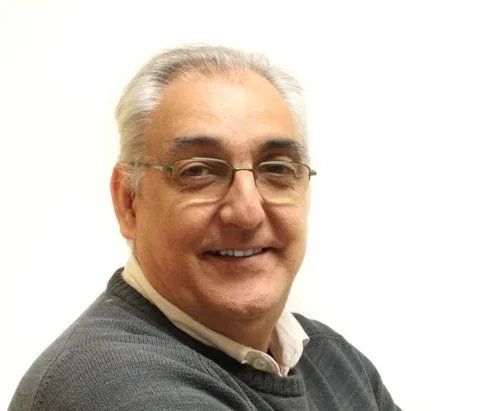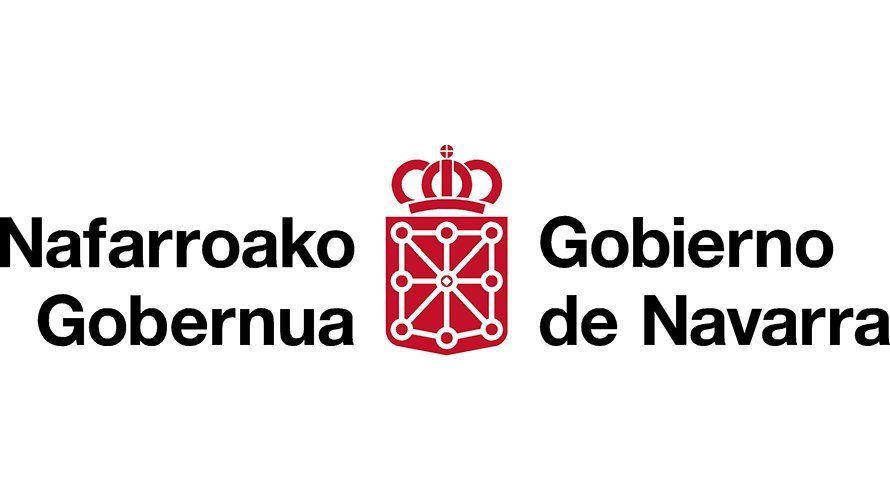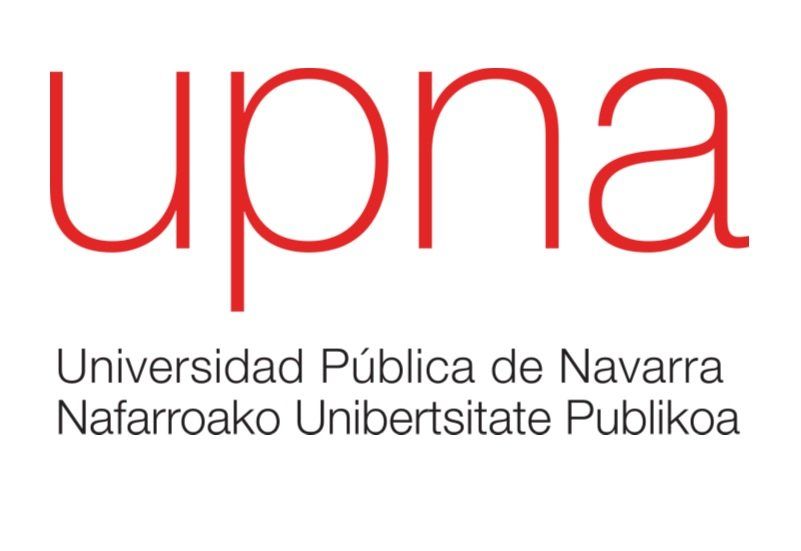CARRIER PAGES
Helping the bearers of the Intangible Cultural Heritage
01
Centralize documentation
Without diminishing the prominence of the PCI holders, we wanted to design a tool that allows the centralized consultation of the documentation.
02
Make bearers visible
Many of the carriers are small traditional and informal organizations, or anonymous people who safeguard the PCI with their efforts. You have to support them.
03
Technological support for transmission
The economic and technological resources of the carriers are usually limited. And intergenerational oral transmission is increasingly difficult. The Chair's platform is at your disposal to ensure generational change.
04
Visit their pages or create your own
The Chair offers the creation of a page (or the link or link to yours), so that they maintain their autonomy and prominence.
go to the index of the carrier pages
PROJECT PAGES
Observatory and repository of projects on Intangible Cultural Heritage
Project types
Four different types can be consulted in the general index of projects: Projects for the safeguarding of intangible assets. With the aim of keeping intangible assets or manifestations alive without fossilizing them, that is, with the intention that this heritage remains relevant to its community, continually recreated and transmitted from one generation to the next, these are projects that transfer knowledge, techniques and meanings. Valorization projects. From a holistic and integrated perspective, they are sustainable local development projects in which heritage is a driving force. Dissemination projects. They are projects of stimulating presentation of heritage values, designed and adapted for different audiences. Didactic projects. In any of its modalities (informal, non-formal and formal education), with situated or mobile knowledge, they are projects aimed at a subject who learns with heritage, values it and is linked to it.
PATRIMONIAL EDUCATION
Heritage education
If heritage education is understood in a broad sense as a mediation that manages to affect and stimulate people, and which includes both the dissemination of heritage and its didactic approach, a solid training is necessary from which to specialize. Heritage offers us goods and values that are part of the symbolic or real property of the legacy of a social group and that contribute to the characterization of a space-time context and / or a territory. It requires a critical appropriation of the past of enormous educational value, because it establishes a bridge between the present and the past, but also because it projects into the future with such suggestive concepts as sustainable development (environmental and cultural) or the redefinition of heritage . This process of patrimonialization, in addition, generates processes of local identity in a global world that affect the personal and the collective, answering the questions of who we have been, how we are and how we would like to be, but also its opposite: who does not it liked to be, how we don't like to be and how we wouldn't like to be. Heritage education, therefore, aims to stimulate people starting from their own circles of identification and awareness. And it does so with very varied strategies: from heritage educommunication with various artifacts (documentaries, web pages, awareness campaigns, meetings ...) to specific didactics (formal or non-formal).
DEGREE IN HISTORY AND HERITAGE
Official studies to work in cultural management and mediation of heritage in museums, interpretation centers, documentary archives or historical sites, as well as for teaching and research. Knowledge of the historical evolution of our contexts and cities is worked on, as well as the roots of the different cultural, economic, social and political aspects of the present. Read more...
PERMANENT SEMINAR "HERITAGE, YOUTH AND SUSTAINABILITY"
On a monthly basis, scientific talks and debates will be organized; encounters with cultural bearers and agents; voluntary service-learning activities dedicated to the safeguarding and enhancement of heritage, etc. Although it is designed preferably for students of the Degree in History and Heritage, students and teachers of other degrees of the university may participate.
DOCTORATE IN HERITAGE STUDIES
The EDONA (UPNA Navarra Doctoral School) offers, within the Arts and Humanities Doctorate, different lines of research in two Doctoral Programs: Doctorate in Humanities and Social Sciences, and Doctorate in Heritage, Societies and Border Spaces. In either of them, an investigation related to heritage can be developed. Read more...
DOCUMENTATION CENTER
Archive of the intangible heritage of Navarra
A legacy that is a treasure: patrimonial assets of Navarra and Lower Navarra With a system of search engines of increasing precision, it is possible to access, free and unlimited, to numerous multimedia, sound, audiovisual, textual and hypertextual contents and testimonies.
WORK TEAM
Multidisciplinary work team
The approach to the documentation and research of heritage has to be done with an anthropological, global and holistic perspective, which integrates the collaboration of multiple disciplines (History, Linguistics ...). For this reason, the Chair is made up of researchers from different areas of Social and Human Sciences, but also specialists in the Environment and technologists (Computer Engineering, Artificial Intelligence ...).
The vision of the Chair of the Intangible Heritage of Navarra project is to facilitate in Navarra and Lower Navarra the essential actions defined by UNESCO for the safeguarding of the Intangible Cultural Heritage: identification and documentation; safeguarding and conservation; promotion and dissemination; and protection and revitalization. Therefore, the mission pursued is to scientifically and technically support the development and improvement of the online center for the documentation of the Intangible Cultural Heritage of Navarra and Lower Navarra, for the investigative and educational exploitation of its funds, and to turn it into a multipurpose tool and a reference in Navarrese cultural heritage Learn more ...




